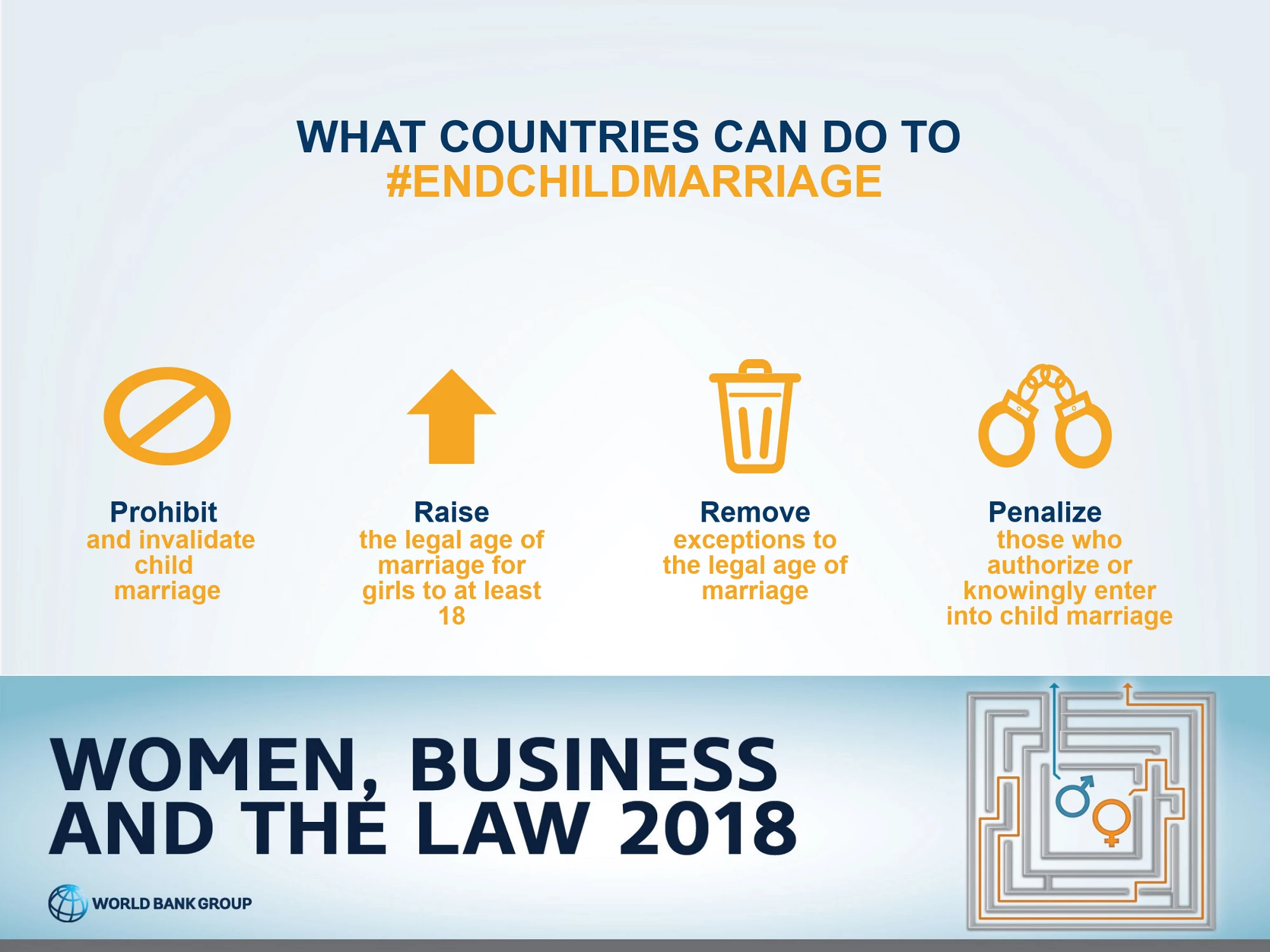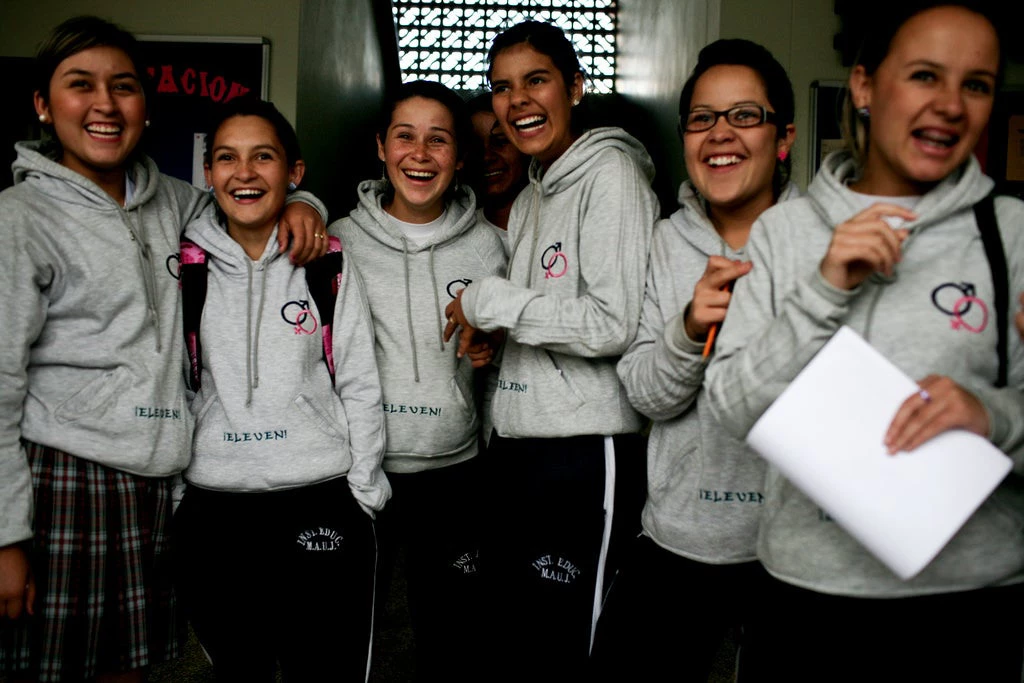Last year in a small village in southern Trinidad, my Nani (the Hindi word for maternal grandmother) – who was a child bride herself at the age of 16 –was able to witness a huge victory for all girls in her country in protecting their childhood from a similar fate. After years of civil society organizations’ campaigns for a change in the law, the movement against child marriage finally bore fruit. On September 29th, Trinidad and Tobago celebrated the one-year anniversary of this critical legal victory achieved with the Proclamation of the Miscellaneous Provisions (Marriage) Act No. 8.
In Trinidad and Tobago, child marriage was previously allowed based on parental consent or judicial authorization under the Marriage Act Chapter 45:01 along with other applicable religious laws. The main legal framework was set in place during the early 20th Century, in an era when many parents saw it unnecessary to send their girls to school. That was the case with my Nani; after being married to start a family at such a young age, she abandoned her education and suffered five miscarriages resulting from early pregnancies.
Nearly two decades ago, on September 25th, 2000 the Sexual Offences Act was amended to establish that individuals under the age of 18 years are minors and that engaging in sexual acts with a minor is a sexual offence. The amended law was in direct contradiction to the marriage laws in effect, according to which girls could legally be married as young as 12 years of age. Despite the legal incongruence, it took another 17 years of strong advocacy by civil society organizations against child marriage in Trinidad and Tobago for Parliament to finally pass legislation to close the legal loopholes and fully protect the rights of girls in the country. The 2017 legislation prohibits any marriage under the age of 18 and establishes punishments for those in violation, making it now illegal for girls to become child brides.
Child brides are at greater risk of having poor health outcomes, dropping out of school, earning less income over their lifetime and living in poverty compared to girls that marry at later ages. Additionally, these girls are more likely to be victims of intimate partner violence and experience restricted physical mobility. In April 2018, the new law stood its first legal test when a 13-year-old Venezuelan girl was married to a 24-year-old Trinidad and Tobago citizen. It was asserted that the child’s parents had given full parental consent. Due partly to the enactment of the 2017 legislation, the police were able to take her into custody despite their claims. The 13-year-old child is currently under protection of the Children’s Authority and the Child Protection Unit in Trinidad.
What can the Caribbean do to end Child Marriage?
Other Caribbean countries have also started the process to outlaw and end child marriage. In the Dominican Republic, for example, rates of child marriage currently stand at 37% and are legally endorsed through parental exceptions in the Dominican Civil Code. To curb this reality, the country has embarked on the process to reform the law. This new draft law has been passed by the House of Representatives and is now pending approval by the Senate. This achievement has been attributed to successful girls-led nation-wide campaigns supported by non-governmental organizations. However, the campaign against child marriage in the Caribbean region is still facing a strong battle. According to information from UNICEF the overall prevalence of child marriage in the region currently stands at around 25%, with no progress recorded in the last ten years. In Barbados, Belize, Dominica, Jamaica and St. Lucia, minors can be married at 16 years of age with parental or judicial consent.
In order to meet their commitments under Target 5.3 of the Sustainable Development Goals adopted in 2015, Caribbean countries must accelerate efforts to end all harmful practices, including child, early and forced marriage. These are some of the measures that Caribbean countries can do to end child marriage:
- Amend their laws to establish 18 years as the minimum age of marriage with no exceptions and penalize those who fail to comply with the law.
- Establish programs engaging with parents and communities to encourage the delay of marriages beyond the age of 18.
- Improve the quality of formal schooling and educational opportunities for girls.
- Provide incentives and economic support for families where opportunity costs and out-of-pocket costs are a hindrance to girls continuing their education.

Caribbean countries have taken important steps towards ending child marriage. To ensure effective change, the region must continue to eliminate discriminatory barriers and tackle the issue of violence against women and girls. Concrete examples illustrate the positive impacts. My Nani’s decision to prevent her own children from becoming child brides allowed my mother and her siblings to take full advantage of educational opportunities in Trinidad and Tobago. Empowered and educated, they were able to provide better futures for their own children, as I can personally testify to. Let us hope that we can further strive and live up to the words of Bob Marley, and Get up, Stand up for our Rights and end the practice of child marriage for all girls in the Caribbean.



Join the Conversation